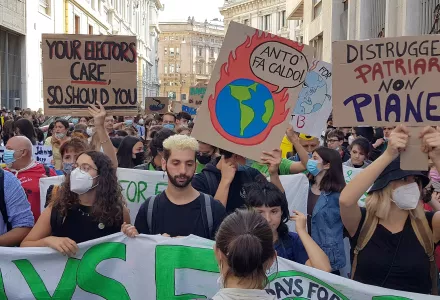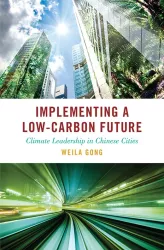
Research Note
Abstract
Climate change is the greatest governance challenge humanity has ever faced. Understanding why some governments successfully reduce greenhouse gas emissions and others fail is thus imperative. While regime type is often hypothesized to be a source of variation in greenhouse gas emissions, empirical findings about the effects of democracy and autocracy on climate action are contradictory. This research note reconciles these inconsistencies and adopts a quasi-experimental approach to investigate the relationship between democratization and greenhouse gas emissions. A fixed effects model with a synthetic control estimator is used to construct appropriate counterfactuals and evaluate the effect of regime type on emissions with data from the World Bank and Varieties of Democracy Project. The analysis shows that movement toward democracy does not have a significant effect on emissions, suggesting that research on the politics of emissions reduction should focus on factors other than regime type.
Citation: Chesler, Angela , Debra Javeline, Kimberly Peh and Shana Scogin. "Is Democracy the Answer to Intractable Climate Change?" Global Environmental Politics, (2023): 1–16 .
The full text of this publication is available via Global Environmental Politics.





